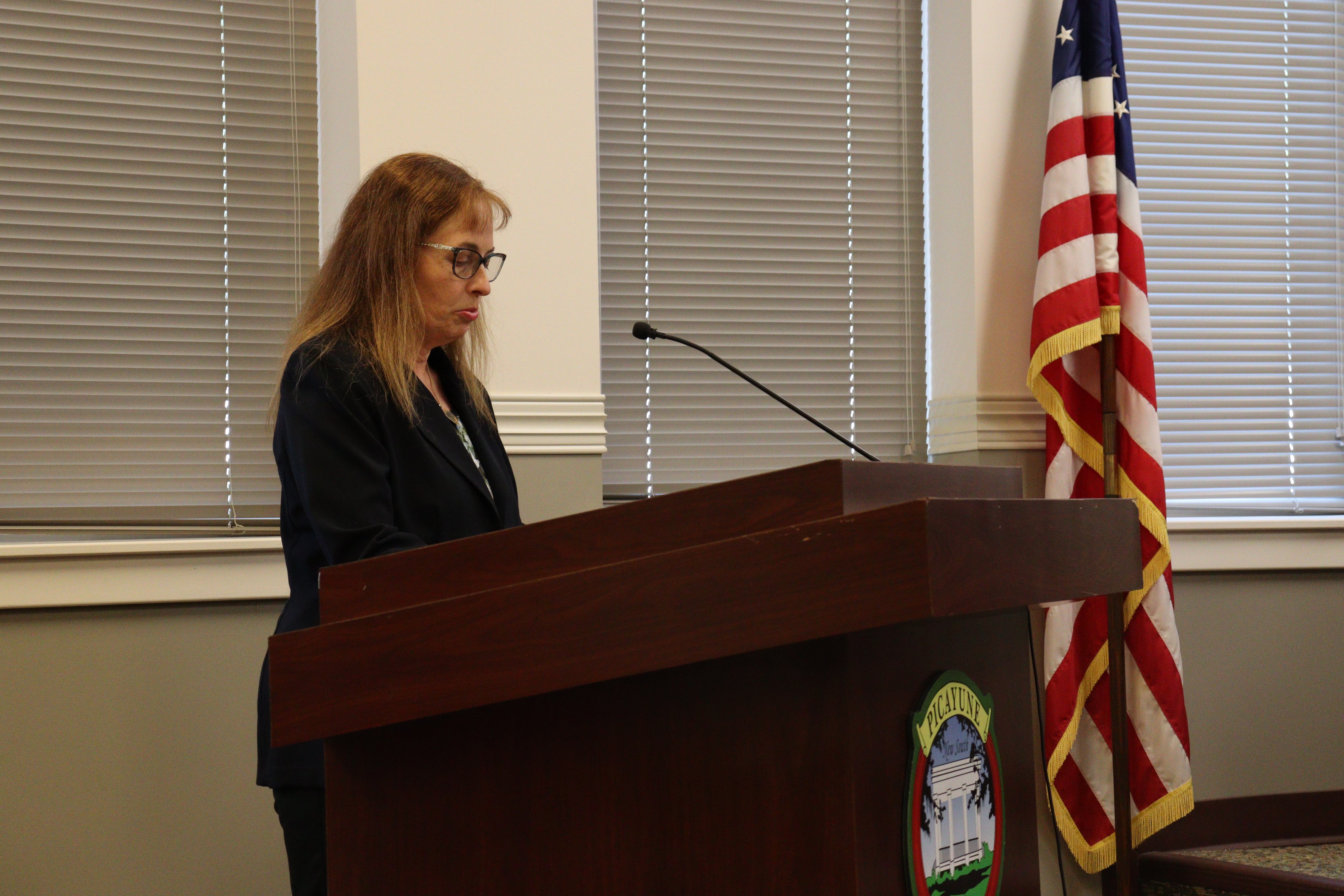Online sales tax passage would allow state to collect tax
Published 12:00 pm Friday, May 3, 2013
If the U.S. Senate approves the Marketplace Fairness Act, states will have the option to collect sales tax for online purchases.
“This is a federal proposal pending in congress,” Mississippi Department of Revenue Spokesperson Kathy Waterbury said Thursday. “It will require remote sellers to participate and small sellers will be exempt.”
The bill’s small seller exemption states that: “A State is authorized to require a remote seller to collect sales and use taxes under this Act only if the remote seller has gross annual receipts in total remote sales in the United States in the preceding calendar year exceeding $1,000,000.”
According to The Associated Press, a vote on the bill has been delayed until at least May 6.
If the bill is passed, “We would have to adopt a single tax rate; streamlined makes it easier to collect tax,” Waterbury said.
There are costs associated with implementing a streamlined sales tax, Waterbury said. “The type of software that sellers will need is going to be extremely expensive and it would be paid for out of state collections.”
Current law only requires state sales taxes to be collected if a retailer has a physical store location.
Laws would have to be rewritten to require that sales tax now be collected at the point of delivery, rather than at the point of sale.
“I am for our business people that own bricks-and-mortar (stores),” State Sen. Tony Smith said. “I am for the playing field to be even for them, it’s a fairness issue.
“It would help our small towns,” he said.
Supporting the bill, House Appropriations Committee Chair Herb Frierson, “Our local retailers pay personal income tax, payroll income tax, ad valorem tax on property and inventory, sales tax to the state and online companies pay absolutely nothing,” he said.
“It’s the government picking and choosing,” Frierson said. “Wall Street can take care of itself, we need to take care of Main Street in Mississippi.”
State Rep. Mark Formby’s initial thought is that in fairness to retail sales people who are being taxed, then their competitors also should be taxed, he said.
“I do see the other side of the coin though,” Formby said. “The consumer is benefiting from Internet sales because they are not paying taxes.”
Mississippi lost at least $615.5 million in online sales tax collections during the five-year period from 2007 until 2012, The AP reported.
State Sen. Angela Hill said she would like to study the topic more before making a statement.





